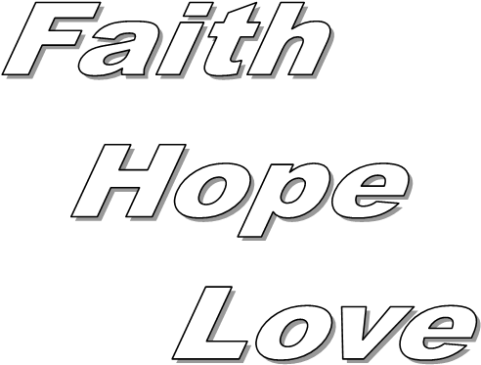 |
| Grading the Ruts in Your Life |
Are you caught in a rut? You don’t have to stay there.
The phrase, in a rut, means, according to one source, “In a settled or established habit or course of action, especially a boring one. For example, We go to the seashore every summer we're in a rut , or After ten years at the same job she says she's in a rut . This expression alludes to having a wheel stuck in a groove in the road. [Early 1800s]”
I think we all use that expression sometimes – some of us more often than others.
I read about it this morning in the context of living on a farm in the northern states, and finding the ruts to walk to the barn to feed the livestock after a blizzard; and then driving in ruts to try to get around on the farm in a vehicle. It’s a lot easier to move around if someone has gone before you and stomped out some ruts.
I grew up in rural Alabama. We didn't have much snow, but we had an abundance of dirt roads. Over time, with rain and traffic, ruts, often deep ruts, would be cut in the roadway. After a time, the ruts became quite rough on the vehicle and the occupants as they bounced along up and down and from side to side in the ruts. It was easier in some places to drive on the unrutted sections of the road
And please don’t let us meet someone coming from the opposite direction in the same set of ruts; but that’s an aside. The ruts remained until the county sent out the road crew with their grading equipment to re-grade the road surface. Then it was smooth – for a little while.
Life’s Ruts
Have you found yourself in a life rut? Sometimes it’s as simple as living a lifestyle with predictable patterns. I go to our neighborhood McDonald's and sometime a crew member starts ringing up my order as soon I say “Hello.” I’m in that sort of rut.The other, and more bothersome, rut is the emotional rut where we find ourselves trapped between sidewalls of painful thoughts and bad experiences and we just can’t seem to find our way out.
Or worse, we don’t want to find a way out. It may be painful there, but at least it’s predictable. What is it that people say? “Better the devil you know that the one you don’t.”
It becomes a matter of “relative” comfort." It’s not very comfortable here in the rut – but it might be far less comfortable out there in the unknown. The sad thing is that our ruts often get deeper with the wear-and-tear of living, and the remembering of painful experiences, and the beating ourselves up with rumination, causing the ruts to get deeper and deeper and deeper.
Excuses
Somebody said, “My therapist had me relive all that pain every week for months; It didn't help.” Somebody else said, “That’s the hand I've been dealt. I just have to live with it.” And someone else joined in, “ I've read all the self-help stuff. My problems are way too complicated.” Blame it on painful approach, fate, or complications; they are all excuses.Do you need a repair crew to come out and level out your ruts?
Your Own Repair Crew
What if it were possible to deal with the memories of your painful experiences in the privacy of your computer, iPad or smart phone?What if it were possible to avoid reliving the pain?
What if it were possible to deal with life’s cards without falling back on old excuses?
What if it were possible to handle any life situation, no matter how complicated, by simply managing your negative thoughts one by one?
If all that were possible, do you think you could get out of the emotional ruts in your life? I’m suggesting that it is possible. I helped myself out of the rut of anger. My friend helped herself out of the rut of inferiority.
Finding Personal Peace can show you how to get out of your ruts.
I was reading this morning the story of Jesus walking up to the boat during the storm. You remember it. The sight scared the disciples in the boat half to death. Peter declared that he wanted to walk on the water; and Jesus said, “Come on.”
Peter was doing great until he remembered his circumstances and looked down at his feet instead of looking at Jesus.
The point I took is this. Peter could have kept his seat in the boat and never gotten his feet wet. But he wanted more.
John Ortberg, a teaching pastor at Willow Creek Community Church, wrote a fascinating book entitled, “If You Want to Walk on Water, You've Got to Get Out of the Boat.” I recommend it to you.
But back to your rut.
- If you want to get out of your rut, you may have to try something you don’t understand.
- You may have to be willing to be uncomfortable until you realize that it’s working for you.
- You may have to admit that you’re in a rut.
- You may have to admit that you can’t get out of the rut by yourself.
Here’s to getting out of your rut today!
www.findingpersonalpeace.com Thanks for reading our blog today. I invite you to respond in several ways: (1) Comment in the space below if you agree or disagree with what I've said. A dialogue could be interesting for all; (2) Share the post with your friends using the buttons below; and (3) sign up to get an email with each new post. There’s a place to do that on the right. Then you won’t have to remember to look for our subsequent posts. Thanks again!


